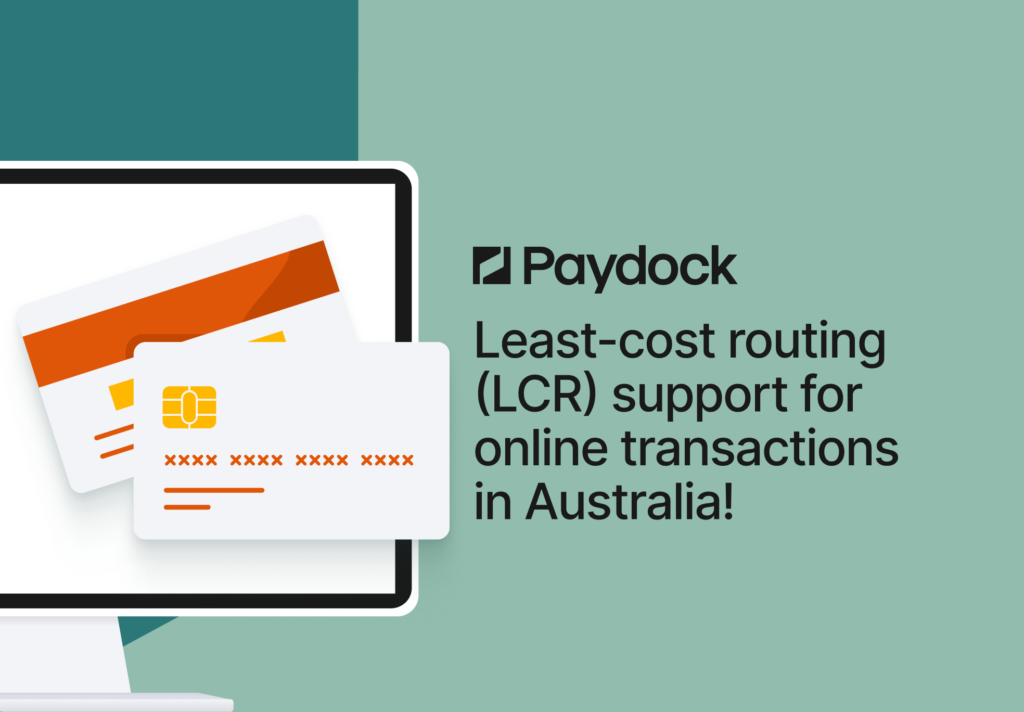The growth of eCommerce has created new opportunities for businesses but has also exposed them to an increasing number of fraud threats. In 2020 alone, over 42 per cent of consumers reported falling victim to fraudulent transactions according to Marqueta, 2020. As digital payments continue to evolve, the risk landscape becomes more complex.
Merchants must balance seamless customer experience with strong payment security. Many attempt to integrate multiple security tools and fraud engines into their systems. However, managing these systems individually can increase complexity, cost and exposure to threats. Payment orchestration offers a unified and efficient approach to secure transactions across providers, channels and regions.
What Is Payment Orchestration?
Payment orchestration refers to a centralised platform that connects multiple payment service providers, fraud tools and data systems through a single integration. With orchestration, merchants can streamline their payment operations, intelligently route transactions, and apply consistent security controls across every channel.
Paydock’s orchestration platform helps businesses enhance payment security through tokenisation, compliance support, dynamic risk profiling and simplified infrastructure management.
Securing Data with Tokenisation
Tokenisation is a core security feature within payment orchestration. It replaces sensitive customer card data with a secure, randomised token. This token can be used for future transactions without storing or exposing actual card details.
Paydock’s proprietary Vault technology ensures that this process meets the highest security standards. Cardholder data is encrypted using multiple keys, protected by dual-control access and stored in a secure, offline environment. This architecture protects sensitive information from breaches and unauthorised access.
By storing data securely and reducing the need for merchants to directly handle it, tokenisation significantly reduces the risk of data exposure and simplifies compliance with industry regulations.
Simplifying PCI DSS Compliance
The Payment Card Industry Data Security Standard (PCI DSS) outlines strict requirements for businesses that handle payment data. Achieving and maintaining PCI DSS compliance can be both time-consuming and costly, particularly for growing businesses or those working with multiple payment providers.
Paydock reduces this burden by offering a PCI DSS Level 1 compliant environment. Merchants who connect to the Paydock platform benefit from secure data handling without needing to invest in individual compliance processes. This allows teams to focus on service delivery while maintaining the highest levels of security assurance.
Orchestration also ensures that security practices remain consistent across payment methods and geographies, reducing the risk of oversight or misconfiguration.

Advanced Risk Profiling and Intelligent Transaction Handling
Another major benefit of payment orchestration is the ability to implement flexible, real-time risk profiles. Paydock enables merchants to classify transactions based on specific parameters such as geography, transaction value, customer behaviour and past fraud patterns.
For example, lower-risk transactions can be processed instantly, while higher-risk ones can be held for review, routed through additional verification, or blocked entirely. This intelligent approach reduces false positives and improves fraud detection accuracy.
Paydock also integrates with leading anti-fraud providers such as Accertify, enabling enhanced monitoring and threat prevention through modular, best-in-class solutions.
This dynamic risk management model evolves over time, helping merchants adapt quickly to new threat vectors while maintaining operational efficiency.
Unified Security Across Multiple Providers
Merchants that work with multiple payment service providers often face difficulties in coordinating fraud controls across different platforms. Inconsistencies in how data is handled, logged and secured can create vulnerabilities.
With Paydock’s payment orchestration, merchants can enforce a single set of security rules across all providers. This ensures consistent protection regardless of payment method, channel or geographic region.
Centralised reporting and transaction visibility also support faster detection of anomalies and help merchants respond to threats in real time.
Enhancing Platform Resilience
Downtime and service disruption can negatively affect both security and user experience. Paydock’s orchestration layer includes intelligent failover mechanisms that automatically reroute transactions to alternative providers if one service becomes unavailable. This not only improves uptime but also preserves payment security by avoiding manual intervention during outages.
Paydock’s gateway-agnostic token vault ensures that tokenised data remains usable across multiple platforms. This reduces vendor lock-in, improves flexibility and allows businesses to maintain strong security without sacrificing agility.
Secure Migration and Data Portability
Migrating sensitive customer payment data from one system to another is a high-risk process when handled manually. Paydock supports secure data migration into its Vault from legacy systems or existing gateways.
This service allows businesses to consolidate their data securely and continue offering seamless payment experiences to existing customers. It also supports compliance with data handling and privacy standards during the migration process.
A Strategic Approach to Payment Security
Paydock helps businesses manage payment risk holistically through centralised control, secure data architecture and real-time fraud protection. This modern approach simplifies compliance, protects customer information and improves business resilience.
Final Thoughts
Securing payments in today’s digital environment requires more than traditional tools. Businesses must adopt a scalable, intelligent approach that reduces friction without compromising safety. Payment orchestration enables this balance.
Paydock provides a comprehensive, secure platform that integrates tokenisation, PCI DSS compliance, dynamic risk profiling and fraud protection into one streamlined solution. Whether you operate locally or globally, Paydock gives you the tools to protect transactions, reduce fraud and meet modern customer expectations.
To find out more you can 10x your payment strategy with maximum security, please get in touch with one of our friendly experts at [email protected].
FAQ
1. How does payment orchestration improve payment security?
Payment orchestration centralises control over payment flows, enabling consistent application of fraud rules, tokenisation, and secure routing across all providers.
2. What is tokenisation, and why is it important for payment security?
Tokenisation replaces sensitive card data with a secure token. This reduces the risk of data breaches and helps merchants meet compliance requirements.
3. Can Paydock help with PCI DSS compliance?
Yes, Paydock provides a PCI DSS Level 1 compliant vault, helping merchants reduce compliance costs while securely processing and storing payment data.
4. How does Paydock manage fraud risk across multiple payment providers?
Paydock allows merchants to create dynamic risk profiles and integrate third-party fraud tools, ensuring consistent and intelligent fraud prevention across providers.

